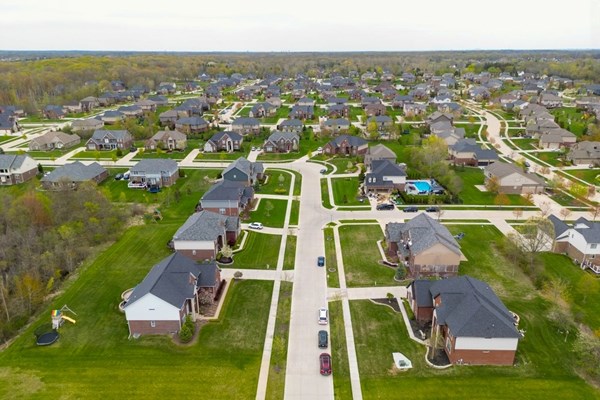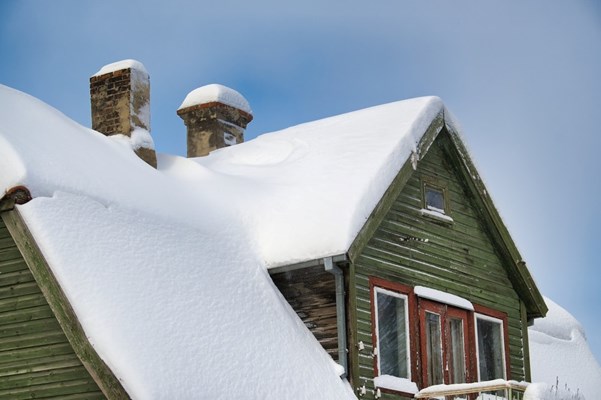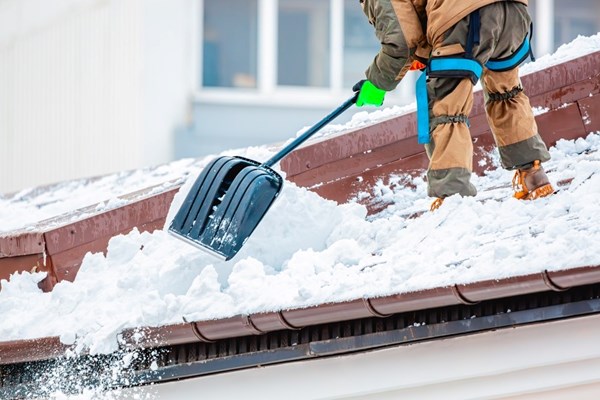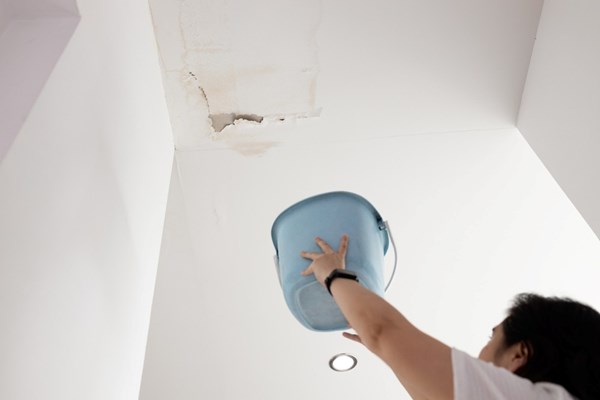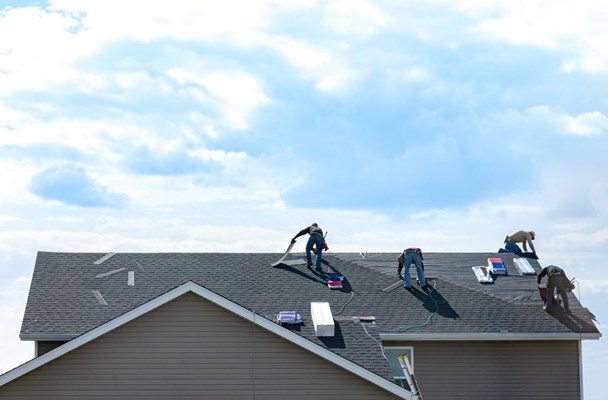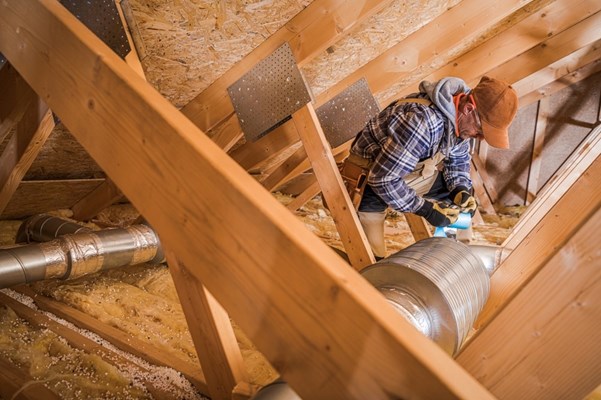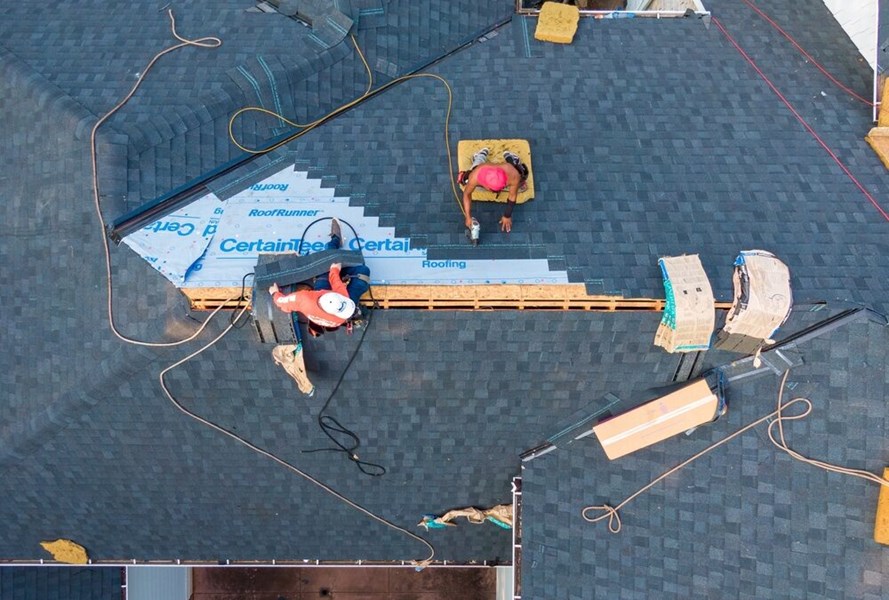
By [email protected]
What Is the Average Cost of a New Roof in West Michigan?
Replacing your roof is one of the biggest investments you'll make in your home, and it's normal to have one main question going into it...
Read More
Replacing your roof is one of the biggest investments you'll make in your home, and it's normal to have one main question going into it...
Read More
